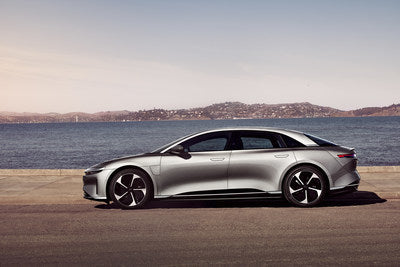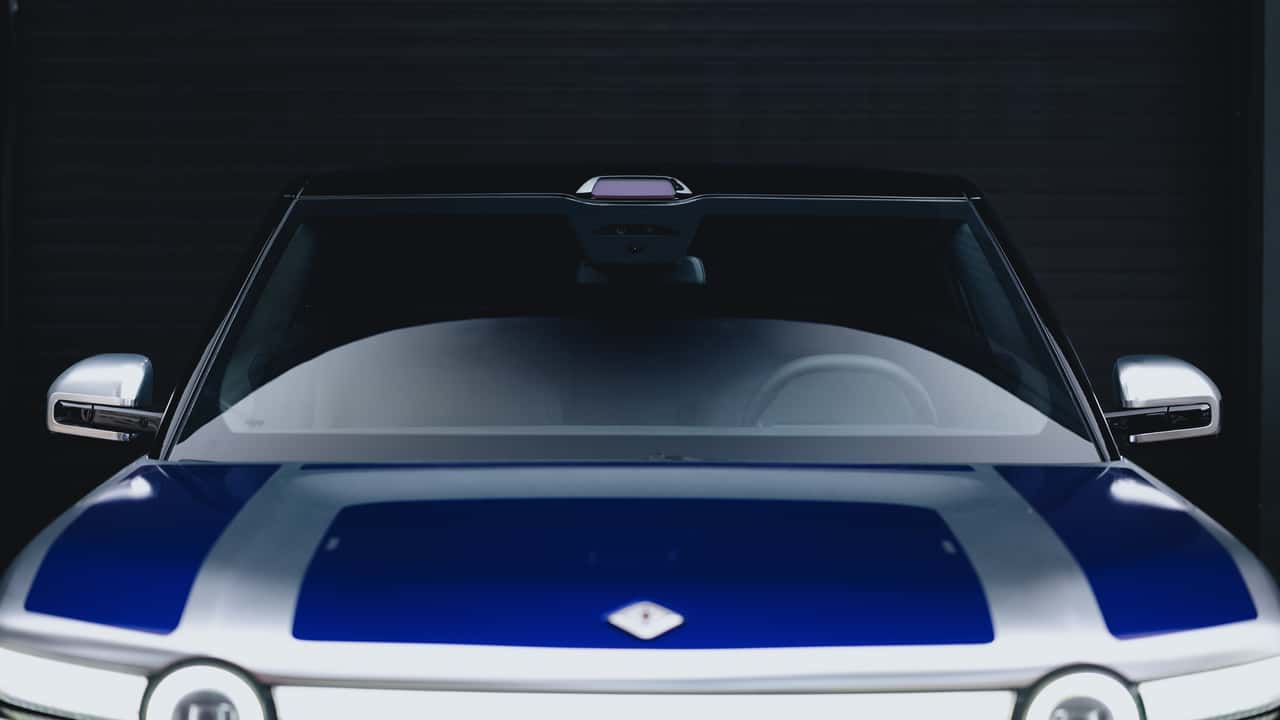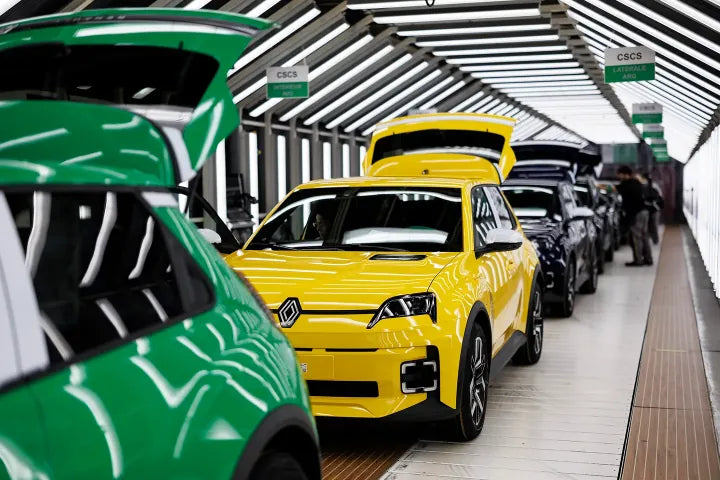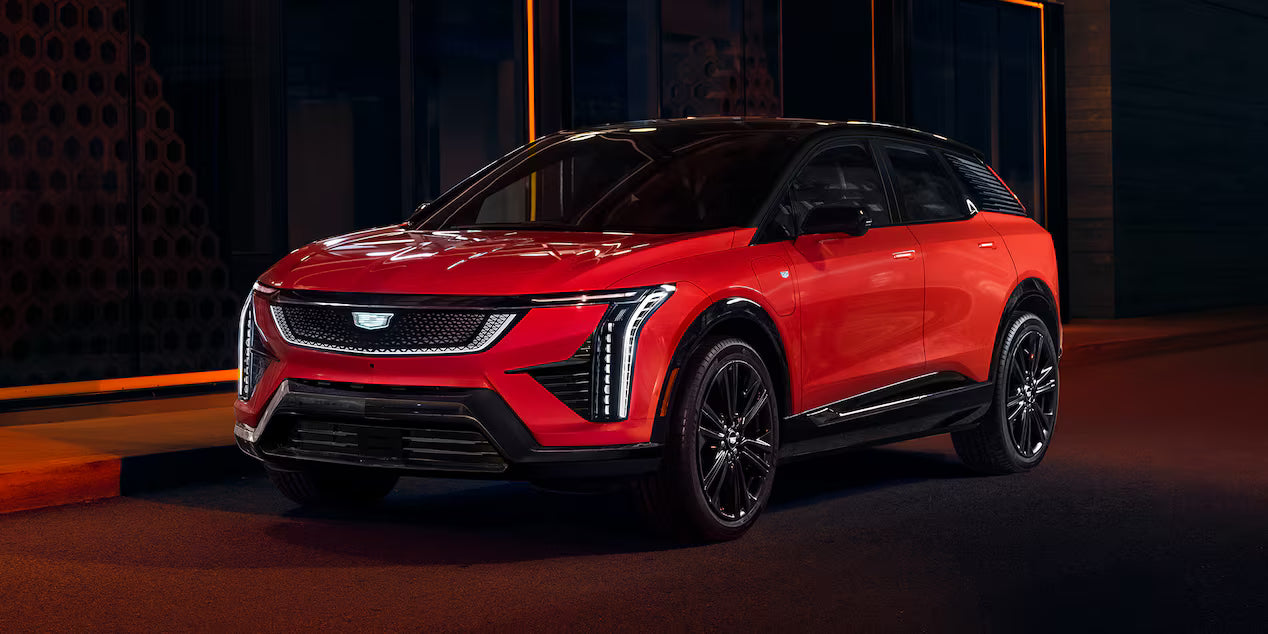Turbulences sur le marché automobile mondial
L' administration Trump a déjà perturbé l'industrie automobile internationale avec des droits de douane brutaux et des politiques imprévisibles visant à ralentir les constructeurs chinois. Si l'objectif affiché est de relocaliser les emplois américains , le résultat est une instabilité pour les constructeurs du monde entier, contraints de s'adapter à des règles en constante évolution .

Une proposition surprenante dans l'accord États-Unis-UE
Dans ce contexte d'incertitude, les États-Unis et l'Union européenne négocient un nouvel accord commercial, dont un point ressort : l' harmonisation potentielle des normes réglementaires automobiles entre les deux marchés. Cette initiative est sans précédent et, si elle est mise en œuvre, pourrait transformer radicalement le paysage des véhicules électriques dans les deux régions.
La Maison Blanche a mis en avant cette idée en grande partie en raison des faibles ventes de pick-up américains en Europe . Cependant, les experts affirment que les droits de douane ne sont pas le véritable problème : les acheteurs européens ne veulent tout simplement pas de camions encombrants et coûteux, peu pratiques dans les villes denses. Au contraire, on pourrait assister à une renaissance de voitures plus petites et plus abordables sur le marché américain.
Pourquoi les normes sont importantes pour les véhicules électriques
Historiquement, les réglementations américaines en matière de sécurité et d'accidents ont contraint les constructeurs automobiles à repenser leurs véhicules spécifiquement pour la vente aux États-Unis, un processus coûteux qui a entraîné la disparition de nombreuses options de petites voitures. Le nez allongé de la Honda Fit, aujourd'hui abandonnée, en est un exemple. Si les normes étaient harmonisées, les véhicules électriques européens pourraient atteindre plus facilement les acheteurs américains, d'autant plus qu'ils contournent les obstacles en matière d'émissions auxquels sont confrontées les voitures traditionnelles.
Mais tout le monde n'est pas convaincu. Les régulateurs européens craignent que leurs règles de sécurité axées sur les piétons soient en conflit avec les normes américaines, notamment en raison des poids lourds américains imposants, dotés d'avants hauts et plats, qui représentent un danger pour les piétons. De plus, les droits de douane sur les voitures étrangères et les restrictions sur les batteries liées à la Chine pourraient encore compliquer la situation, même si l'Europe cherche à réduire sa dépendance aux chaînes d'approvisionnement chinoises .

Incertitude politique et impact sur les consommateurs
Le gouvernement américain a officiellement annoncé son intention de reconnaître les normes européennes , affirmant que la coopération renforcerait le marché transatlantique . Mais la concrétisation de cette promesse reste incertaine. Le bilan de l'administration Trump en matière de révision des accords commerciaux rend nombreux sceptiques quant à la poursuite de ces efforts à long terme.
Si l'unification des normes se concrétise, les Américains pourraient accéder à des véhicules électriques compacts et économiques, actuellement exclus du marché américain. Cela pourrait remodeler le choix des consommateurs , diversifier le segment des véhicules électriques et rendre l'adoption de l'électrique plus abordable .
Lecture recommandée : Le retour en arrière de Trump sur les véhicules électriques va-t-il faire reculer les États-Unis dans le domaine des technologies propres ?








Partager:
Le véhicule électrique de Changan, d'une autonomie de 930 miles, établit une nouvelle référence : Tesla est-elle en train de perdre son avantage ?
Le Porsche Cayenne EV fait ses débuts avec une puissance de charge record de 400 kW